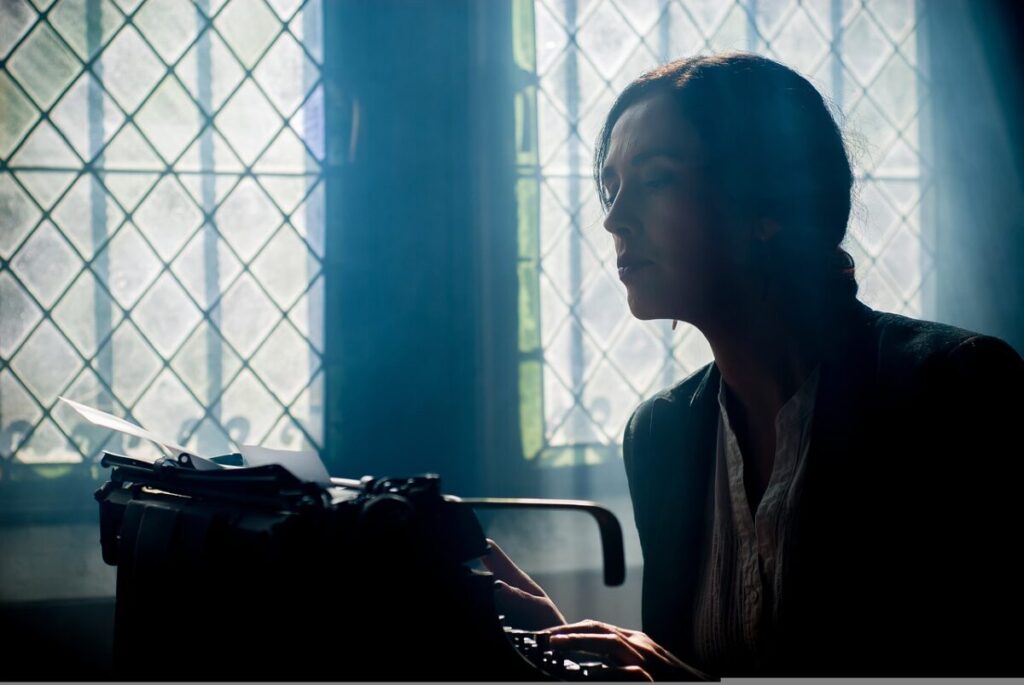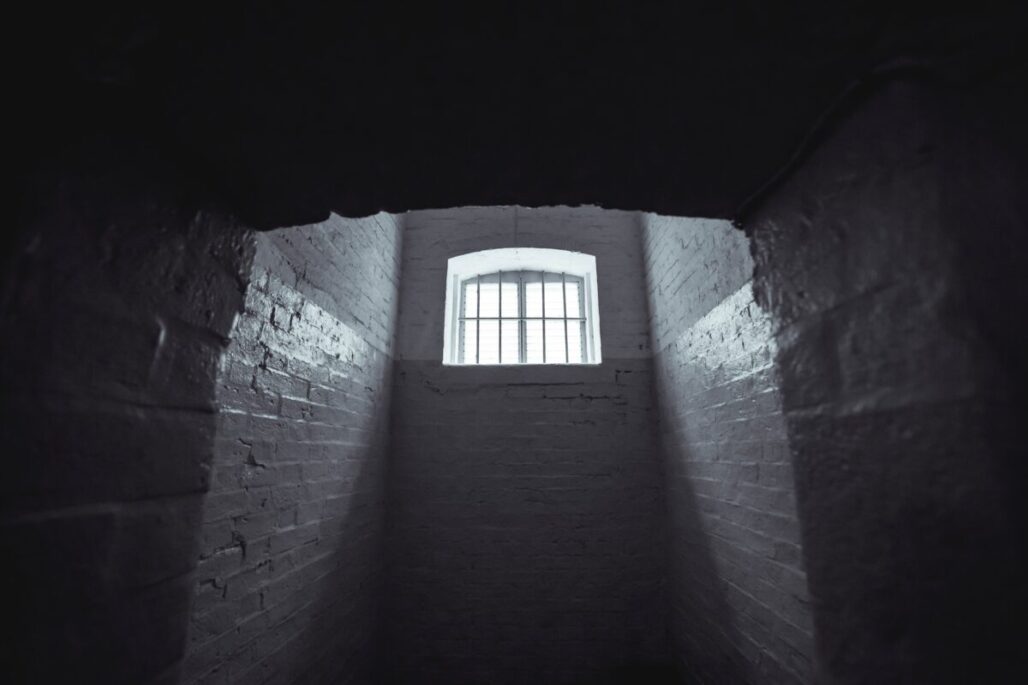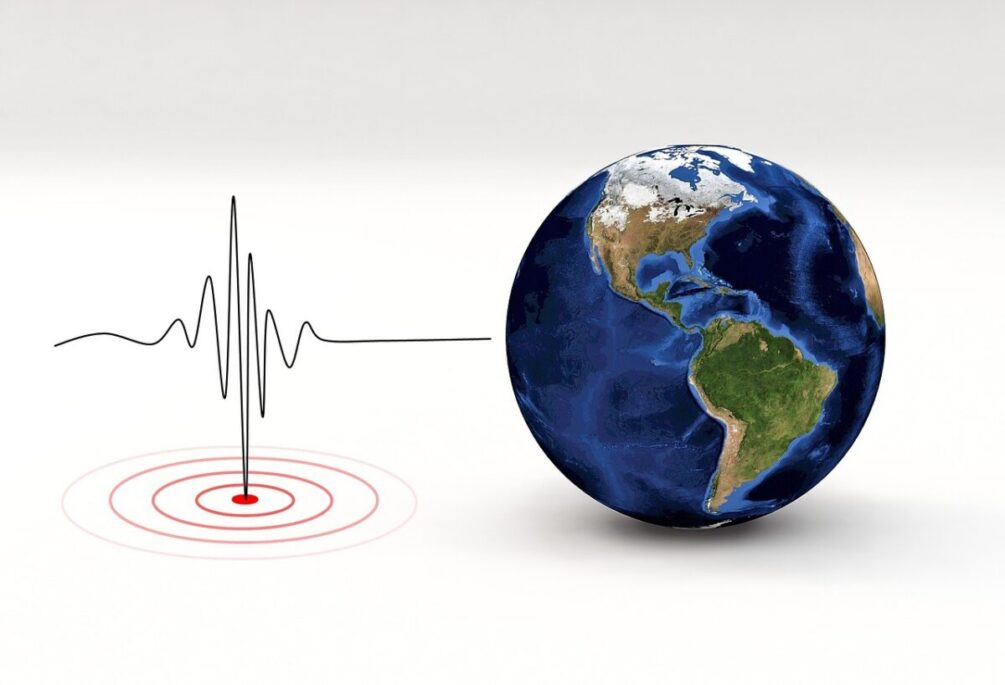A single mom sat in the scorching sun, watching her child waste away. She had no food, no water, and no person to help her. She was utterly on her own, incapable of providing for herself or her child. This could be the story of many women across the world for generations. Perhaps it reflects aspects of the life of someone reading this article today.
But this is an old story, the story of Hagar, abused by Abraham and Sarai in Genesis 16. Hagar was a bruised reed on the verge of breaking, a smoldering candle wick just about to go out. But God’s angel met her on that precipice of utter collapse. He knew her by name. He knew her story. And he met her needs.
Her response in turn was utter amazement. “Have I actually seen the one who sees me?” she asked (Gen. 16:13, CSB). There, Hagar named the LORD who spoke to her El-Roi, the God who sees me.
Alienated but not Alone
Like Hagar, many of us experience intense situations of suffering, abandonment, or abuse that leave us alienated and without resources to manage our most basic needs. I experienced this when I was a single mom of young kids. I became extremely ill but had no one to watch my children so I could call an ambulance in the middle of the night. I lay in my bed thinking I was dying, but I was too sick to react. I felt utterly alone in the world facing death.
I have felt similar alienation emotionally as well. Suffering can create emotions that are impossible to put into words. When we cannot explain to those closest to us how we feel, the alienation we experience is compounded. We can be in a room full of people but feel utterly alone.
Hagar was alienated on multiple fronts. She was a slave and separated from family. She was abused in Abraham’s household, as Sarai turned on her after giving her to Abraham to bear a child. Hagar was alienated from any financial or physical help that she could turn to on her own. But she was not alienated from God.
God saw her, and showed himself to her in her need.
God Sees Us
God saw her, and showed himself to her in her need. Though God is named elsewhere in Scripture as the God who provides and the God who heals, Hagar named him simply as the God who sees. Before God provided for her and her son, he saw her. He knew her. He was with her.
God didn’t solve Hagar’s hunger first. Before anything else, he met her in her loneliness.
Hagar’s specific name of God, El-Roi, is not repeated per se in the Old Testament, yet the idea that God sees us in our affliction is spread throughout the Old and New Testaments. His eye is on the sparrow, is it not? We know, then, that he cares for us. Psalm 10:14 tells us God sees the afflicted, and the helpless can trust in him. And in Paul’s great discussion of the love of God in Romans 8, we are reminded that affliction, even famine and sword, cannot separate us from God’s love for us.
God sees the single woman celebrating at a friend’s wedding, lonely and longing for her own. God sees the wife who suffers abuse at her husband’s hand, feeling devoid of ways to address it. God sees the youth abused by the authorities in her life. God sees the single mom overwhelmed by the needs of her children and herself. God sees us when we are depleted, undone, and afraid.
We See God
The night I lay near death on my bed, God reminded me to call a friend in town who kept weird hours. I caught her awake, and she came over to my house, called an ambulance, and watched my boys while I was in the ICU for the next two days. I was too weak to fully grasp how God had seen my affliction and cared for me and my children when I felt I was about to be snuffed out. But later, I marveled at the God who really did see me, who really did hear my prayers.
As with Hagar, though we may sit on the precipice of what seems like utter destruction, God is real and God is here. And sometimes, like Hagar, God gives us a glimpse of the One who always has his eyes on us, as he reveals himself to us in his Word, by his Spirit, and through his people. But even when we don’t yet see God in the midst of our suffering, Scripture reminds us that God is there. His eye is on the sparrow. His eye too is on his child.
We have not been left as orphans to navigate our losses on our own.
Jesus fulfilled Isaiah’s prophecy of the One who would rescue broken reeds and smoldering wicks from being utterly undone. Jesus had compassion on the bruised and broken people who followed him. He healed them. And he left his followers with the promise of the Holy Spirit—Christ’s Spirit, as Paul calls him. The Spirit of Christ is real, and he dwells in us.
God sees us and our most pressing needs—even loneliness and alienation. We have not been left as orphans to navigate our losses on our own. We can trust that “he will not break a bruised reed, and he will not put out a smoldering wick, until he has led justice to victory” (Matt. 12:20, CSB).
Source: https://www.thegospelcoalition.org/article/god-sees/










